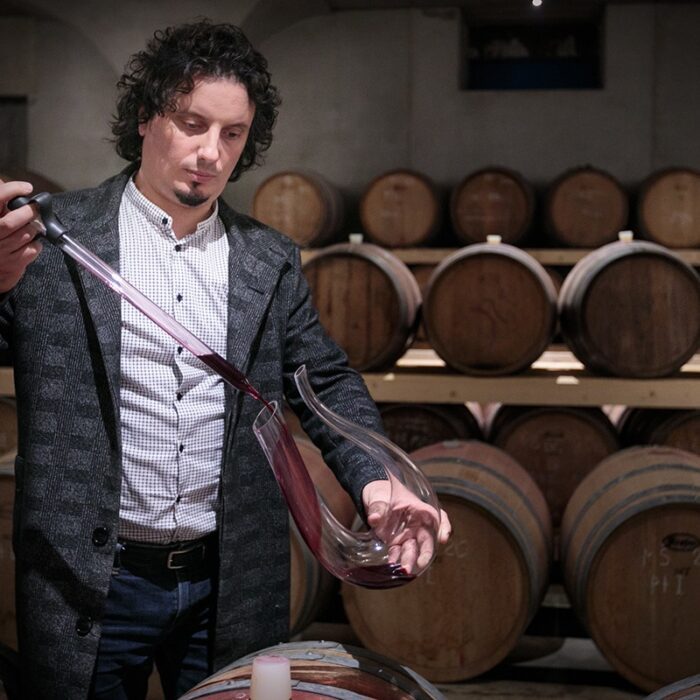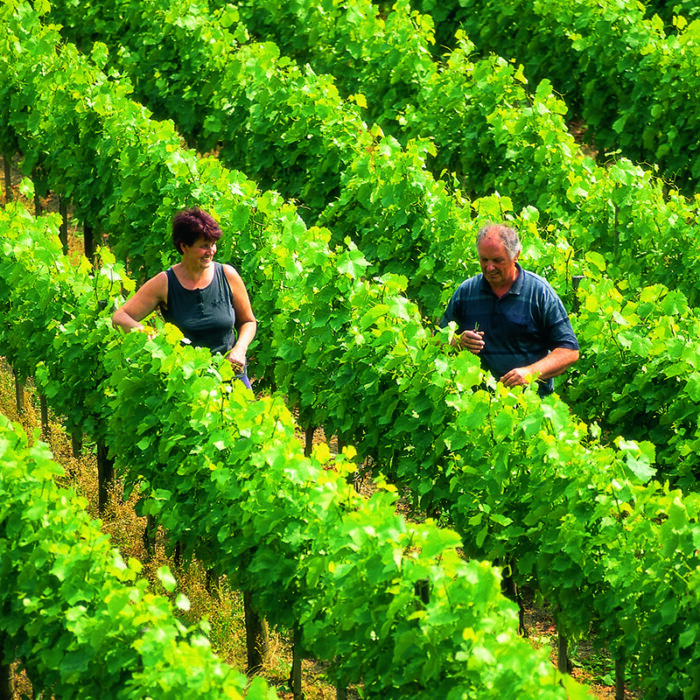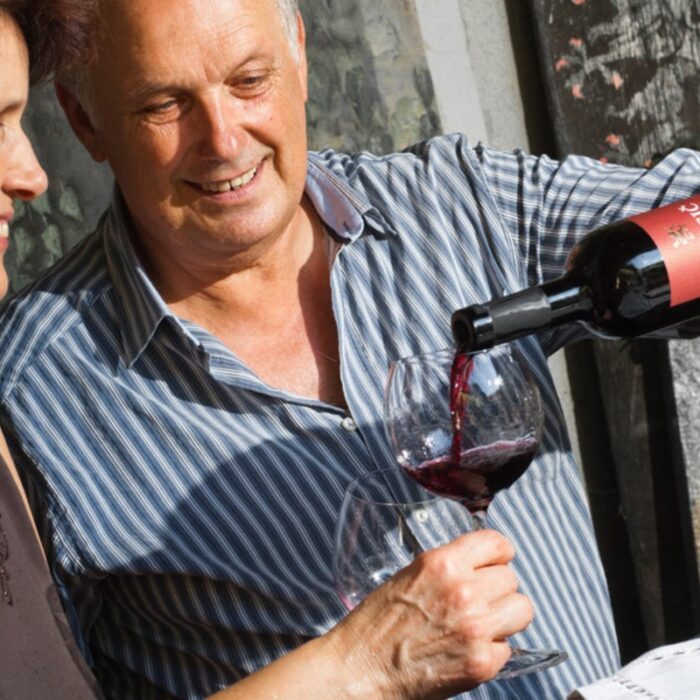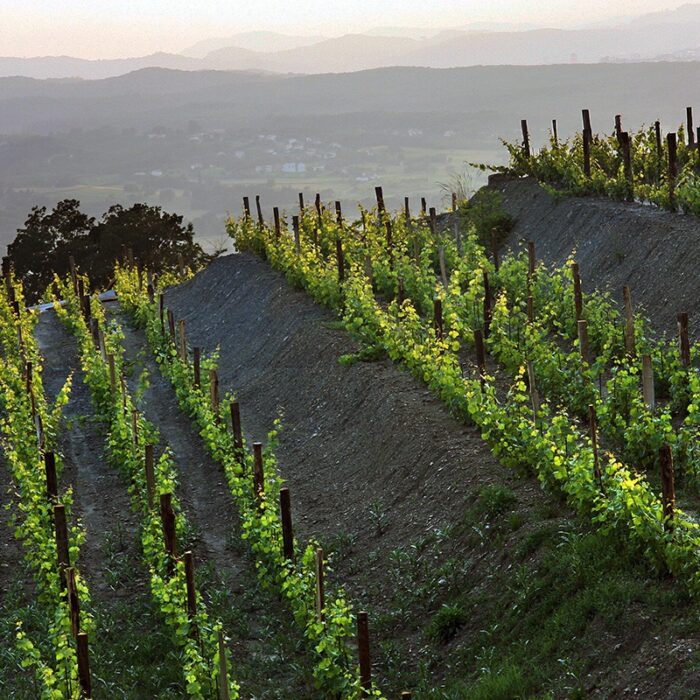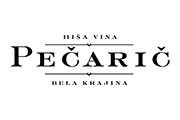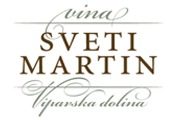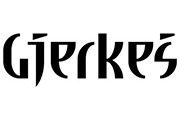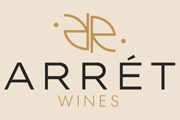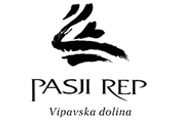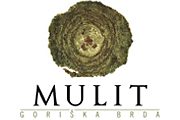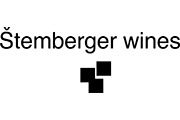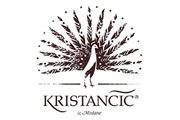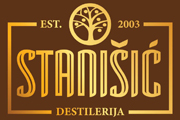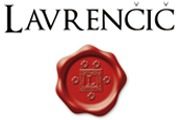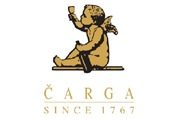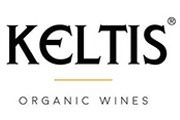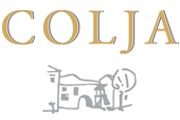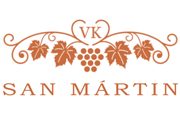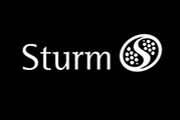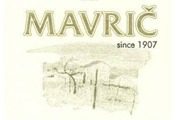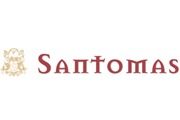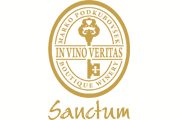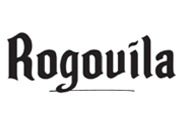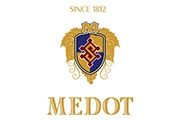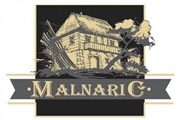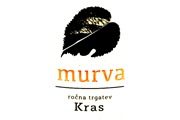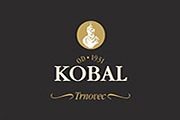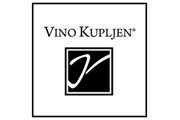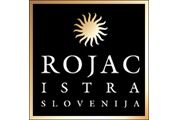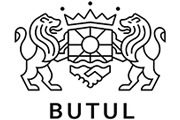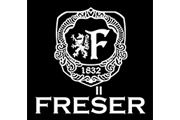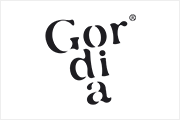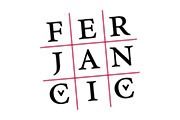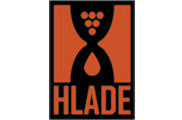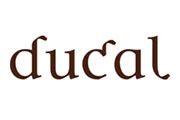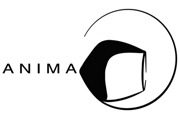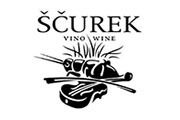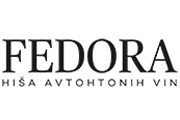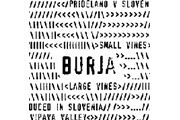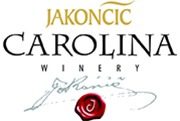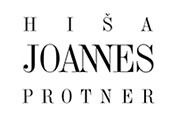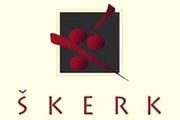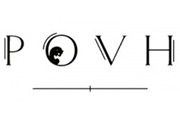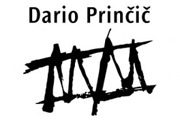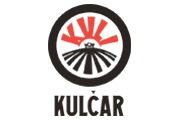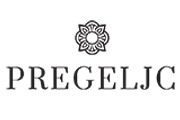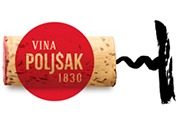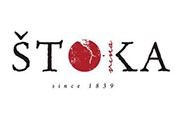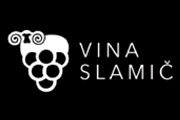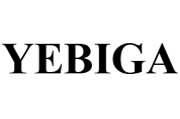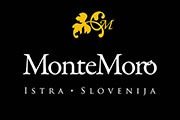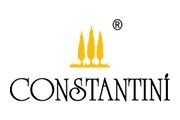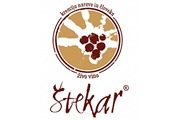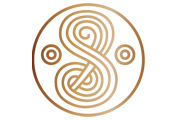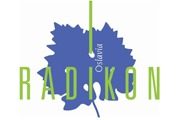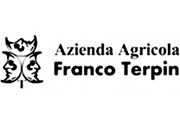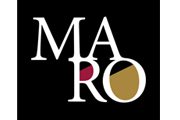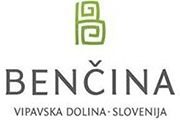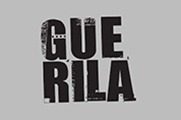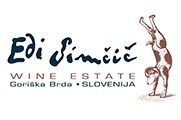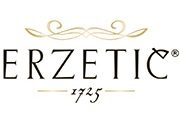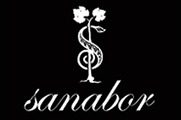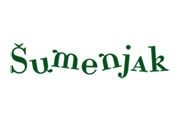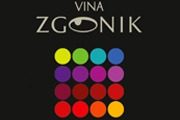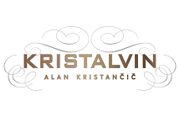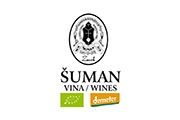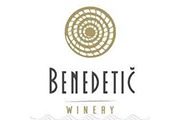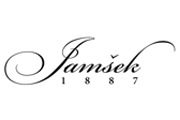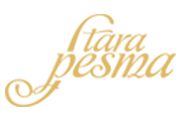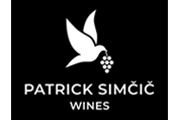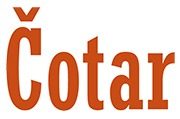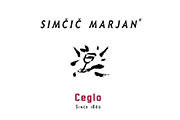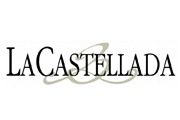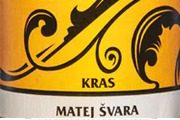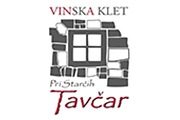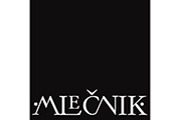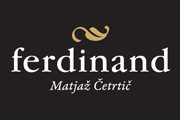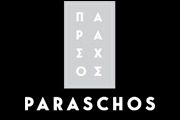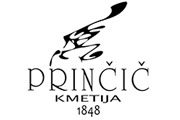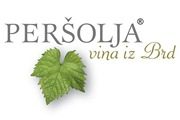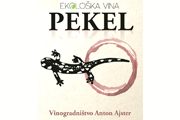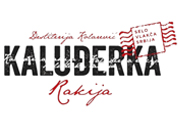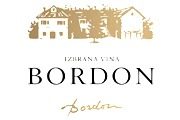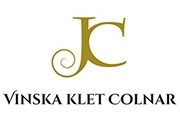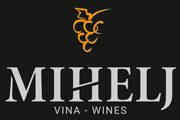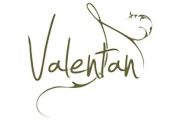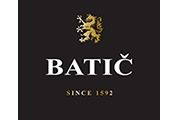
Batič
This family-run farm and vineyard in the small village of Šempas, in the western portion of southwestern Slovenia’s lush Vipava valley, is only 15 miles from the Italian border. The Batic farm dates back to 1592, and the family vineyards have been worked by several generations. The warm winds blowing off the Adriatic Sea make this area perfect for cultivating grapes and other produce. Highly prized land, this valley has been occupied and farmed since it was part of the ancient Roman Empire. The building where the Batic family lives and produces wines is itself over 400 years old and has been a witness to much of this history. The Batic farm and vineyard is known for organically grown fruits and grapes, and this is reflected the wines they produce, which are made with the same all-natural philosophy.
The vineyards are not fertilized nor are any chemicals used – the ground is seeded with grass and the vines are thickly planted. In their winemaking process they primarily use French medium toast oak barrels to create a unique character for their wines. Batic wines can be recognized by their unusual bottles, created specially for the winery by renowned Slovenian designer Oscar Kogoj. From the dedication to growing and harvesting their grapes to the meticulous care shown in making and presenting their wines, Batic has a well-deserved reputation in Slovenia for exceptional wines.
The Batic catalog includes a wide range of reds and whites. Fine white wines produced by Batic include Chardonnay, Pinot Gris, Sauvignon, as well as the local varietals Pinela and Rebula. Cabernet Franc, Cabernet Sauvignon, Merlot, and a blend called Rosso Batic. All Batic wines are aged in oak barrels. White wines are released after two years, reds after three.
100% BIO
A Physics-based Cropping System (PCS) that is opening a brand new chapter in the world of organic and biodynamic winemaking.
No one is forced to produce pure, vital wine. Everyone is free to make their own decisions; it is simply a matter of each individual’s conscience and culture.
We have come to the realization that the taste of wine is of secondary importance, while the feeling left after a sip of wine is of primary importance.
Our desire for healthier grapes did not originate from searching for new means of suppressing the disease, but from searching for an answer to the question of how grapevines can live together with the organisms that we call diseases.
In order to achieve this, we have attempted to copy what nature does. Realizations regarding how successful vineyards are in providing self-protection against diseases have led us over and over again to the elements of fire and air.
The beneficial effects of wind and heat in nature provide us with better grapevine vegetation. The impact that the elements of fire and air have on plants led to the development of the Physics-based Cropping System (PCS) and Batič is the first winery in Europe that is using this system.
The purpose of the PCS is to protect the grapevines. It is used in a way similar to that of classic pesticide sprinklers, in weekly intervals. However, unlike pesticide sprinklers that get rid of pests and diseases by using toxic pesticides, the PCS is operated exclusively by wind energy and is 100% healthy for grapevines and nature.
In contrast to other means of combating disease, the PCS does not operate by killing or getting rid of harmful pests. The PCS acts like homeopathic medicine, it does not suppress pests, but it strengthens the grapevine’s immune system.
By supplying this warm wind at a speed of 150 km/ h and at a temperature of 75 degrees, the grapevines develop more resilient, thick fleshy leaves and the resveratrol content in the grapes increases.
The high resveratrol content helps the grapes maintain a higher level of self-protection and consequently reduces the need to use sulphur or other antioxidants in the wine later on.
The reinforced leaves act as a physical barrier to harmful pests, consequently enabling us to reduce or even completely eliminate the amount of highly toxic pesticides used to protect the grapevines.
Since the PCS runs exclusively on the basis of warm wind (without using pesticides), the vineyards are able to maintain a large number of their own yeasts/fungi, which later assist in the spontaneous fermentation of grape must after the grapes are harvested.
Using a PCS at the time of pollination will result in a more homogeneous pollination of the vineyards. This is because well-pollinated vineyards are more resistant and less inclined to rot during the harvest. Since the amount of pesticide used is reduced, the grapes are better able to preserve their aroma.
The PCS signifies a new milestone in organic or biodynamic farming since regular use of a PCS can help us greatly reduce (and, in some regions, even completely abandon) the use of preparations to combat grapevine diseases.
Wine made this way is a true balm for your body and soul.
